Read an Excerpt From Malka Older’s The Imposition of Unnecessary Obstacles
Comment number:
0
Advertisement

Showing 26 results
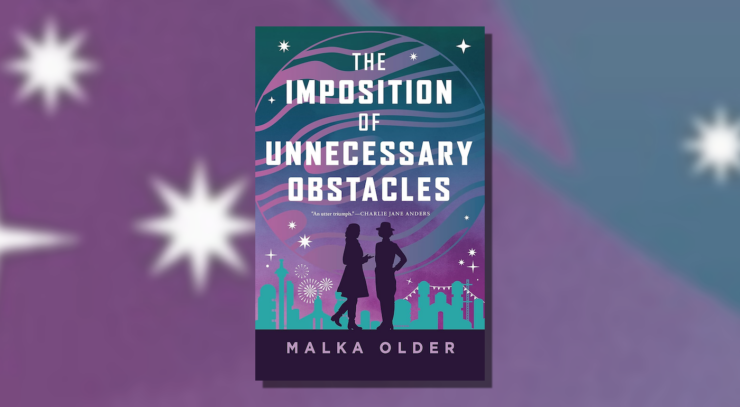
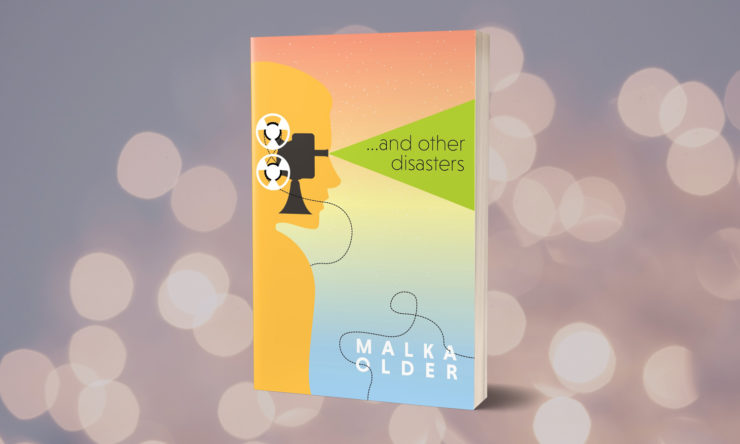
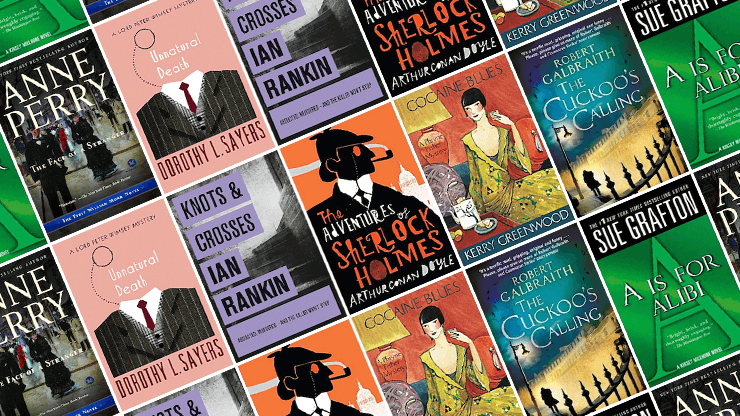
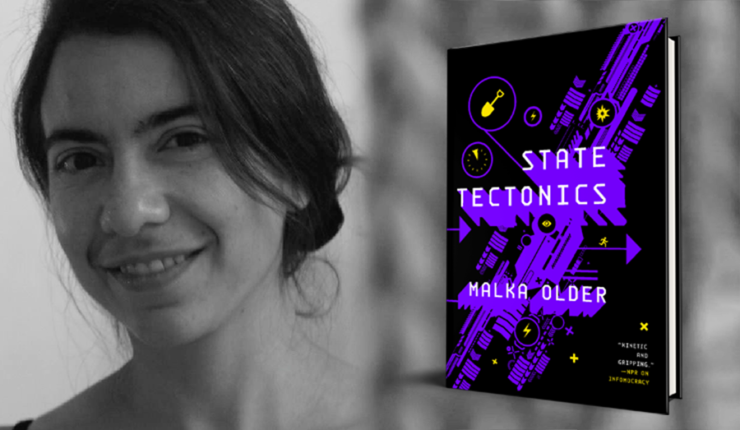
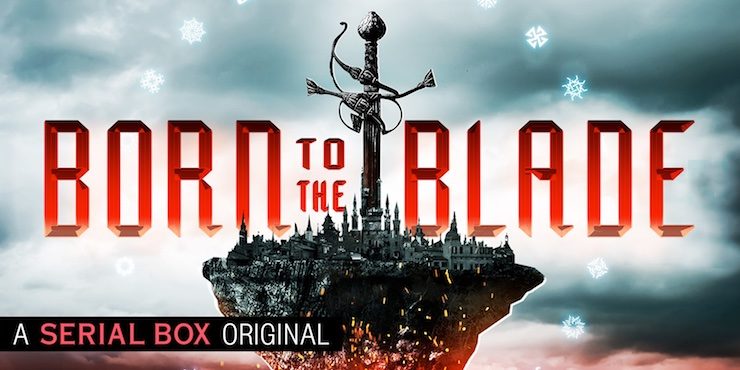
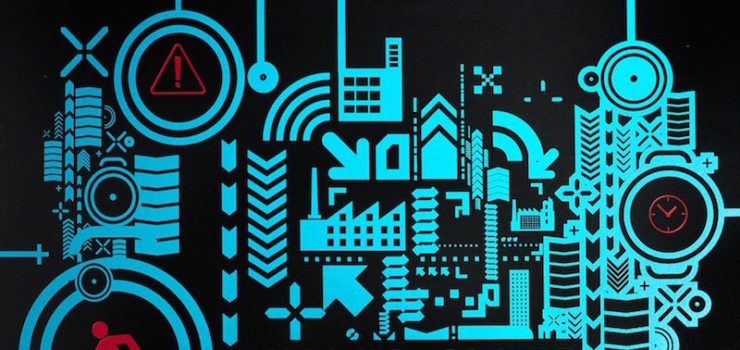
“The sky above the port was the color of television, tuned to a dead channel.”
William Gibson, Neuromancer
For compliance with applicable privacy laws:



